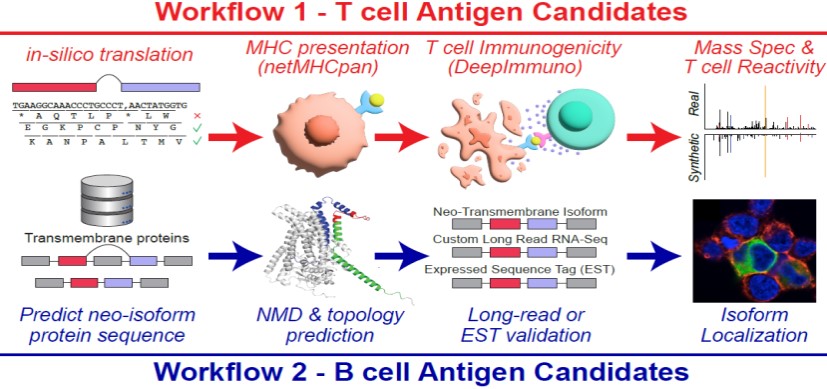Dexheimer Recognized for Leadership in Medical Informatics
Post Date: December 6, 2019 | Publish Date:

The American Medical Informatics Association has named Judith Dexheimer, PhD, a 2020 Fellow of AMIA (FAMIA). Dexheimer will be formally inducted into the Fellowship during the AMIA 2020 Clinical Informatics Conference in Seattle on May 20, 2020.
The FAMIA designation is given in recognition of accomplishments and achievements in the field of informatics. Dexheimer’s background in developing, implementing, and evaluating clinical information systems made her a strong candidate for FAMIA.
In the Divisions of Biomedical Informatics and Emergency Medicine at Cincinnati Children’s, Dexheimer applies her informatics expertise to improve clinical care. Some of her recent projects include:
- An investigation of bias in an epilepsy machine learning algorithm trained on physician notes, published in Epilepsia.
- An information sharing system between health care and child welfare organizations to improve outcomes for foster youth, published in Pediatrics.
- A real-time automated patient screening system in an emergency department, published in JMIR Medical Informatics.
She also co-leads the Decision Support Analytics Workgroup (DSAW) at Cincinnati Children’s with S. Andrew Spooner, MD, MS, FAAP. The group brings together investigators with an interest in improving pediatric-specific clinical decision support (CDS). Their research has demonstrated ties between decreasing alert burden on clinicians, increasing CDS alert salience, and improving patient outcomes.
In 2019, Dexheimer joined the inaugural cohort of the Women in AMIA Leadership Program, which accepts only 25 participants from across the health informatics field. This seven-month program aims to develop the next generation of women leaders in health informatics, encourages women to participate in AMIA activities, and promotes equal opportunities for women in STEM fields.
“I am honored to join leaders in the field of informatics as an inductee of both FAMIA and the Women in AMIA Leadership Program,” says Dexheimer. “I hope we can build sustainable programs that encourage women to become leaders.”
Watch Dexheimer discuss the role of artificial intelligence, machine learning, and the electronic health record in conducting work in pediatrics with biomedical informatics.

Read more about Dexheimer’s work with personal health records for foster care youth.






